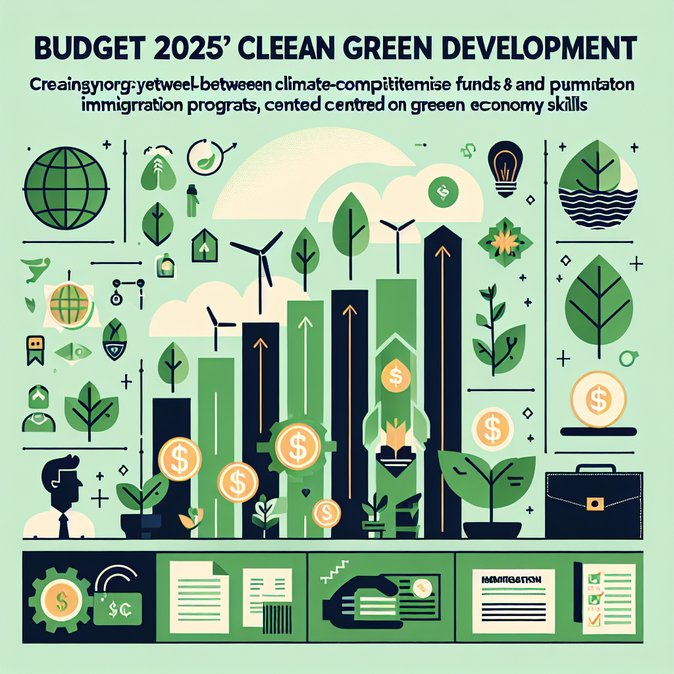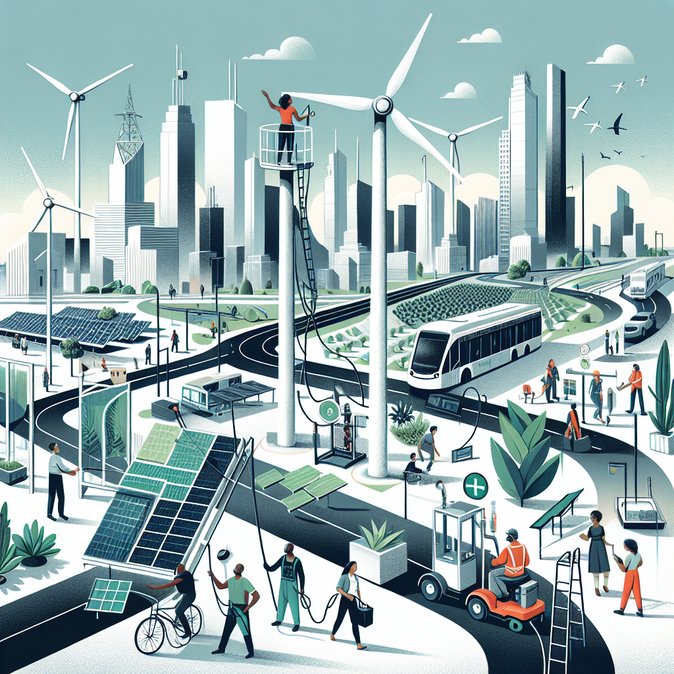
Immigration, Refugees and Citizenship Minister Lena Metlege Diab will travel to Halifax on 9 November to highlight ‘climate-competitiveness’ investments contained in Budget 2025, according to a media advisory issued late on 8 November. While the announcement is framed around green-economy spending, departmental officials say forthcoming programs will have an immigration dimension—specifically, attracting and retaining workers whose skills support Canada’s energy-transition goals.
Budget 2025 earmarks C$2.1 billion for clean-tech manufacturing and retrofits, and IRCC is expected to unveil targeted streams under both Express Entry and the Economic Mobility Pathways Pilot (EMPP) to channel engineers, electricians and environmental scientists into those sectors. The Halifax event is positioned to showcase Atlantic Canada’s role in offshore wind and green-hydrogen projects, areas where labour shortages are acute.
![Immigration Minister schedules Halifax event to link Budget 2025 climate spending with future talent strategy]()
For corporate mobility managers, the signal is that sustainability credentials may soon carry greater weight in points-allocation or occupation-specific draws. Companies preparing relocation plans for 2026 should monitor the minister’s remarks for clues on wage thresholds, regional quotas and possible fast-track work-permit supports tied to climate infrastructure projects.
Although details remain sparse, the timing—days after the government released its 2026-28 Immigration Levels Plan—suggests Ottawa is using climate policy to justify a qualitative shift in immigration, away from sheer volume and toward strategically aligned skill sets. Stakeholders have urged IRCC to integrate settlement funding and credential-recognition reforms into any green-skills pathway to avoid previous bottlenecks experienced in healthcare and construction.
The Halifax briefing is open to accredited media, with registration required by noon Atlantic Time on 9 November. A livestream link will be posted on the IRCC website, and a technical briefing for industry associations is expected later in the month.
Budget 2025 earmarks C$2.1 billion for clean-tech manufacturing and retrofits, and IRCC is expected to unveil targeted streams under both Express Entry and the Economic Mobility Pathways Pilot (EMPP) to channel engineers, electricians and environmental scientists into those sectors. The Halifax event is positioned to showcase Atlantic Canada’s role in offshore wind and green-hydrogen projects, areas where labour shortages are acute.

For corporate mobility managers, the signal is that sustainability credentials may soon carry greater weight in points-allocation or occupation-specific draws. Companies preparing relocation plans for 2026 should monitor the minister’s remarks for clues on wage thresholds, regional quotas and possible fast-track work-permit supports tied to climate infrastructure projects.
Although details remain sparse, the timing—days after the government released its 2026-28 Immigration Levels Plan—suggests Ottawa is using climate policy to justify a qualitative shift in immigration, away from sheer volume and toward strategically aligned skill sets. Stakeholders have urged IRCC to integrate settlement funding and credential-recognition reforms into any green-skills pathway to avoid previous bottlenecks experienced in healthcare and construction.
The Halifax briefing is open to accredited media, with registration required by noon Atlantic Time on 9 November. A livestream link will be posted on the IRCC website, and a technical briefing for industry associations is expected later in the month.








